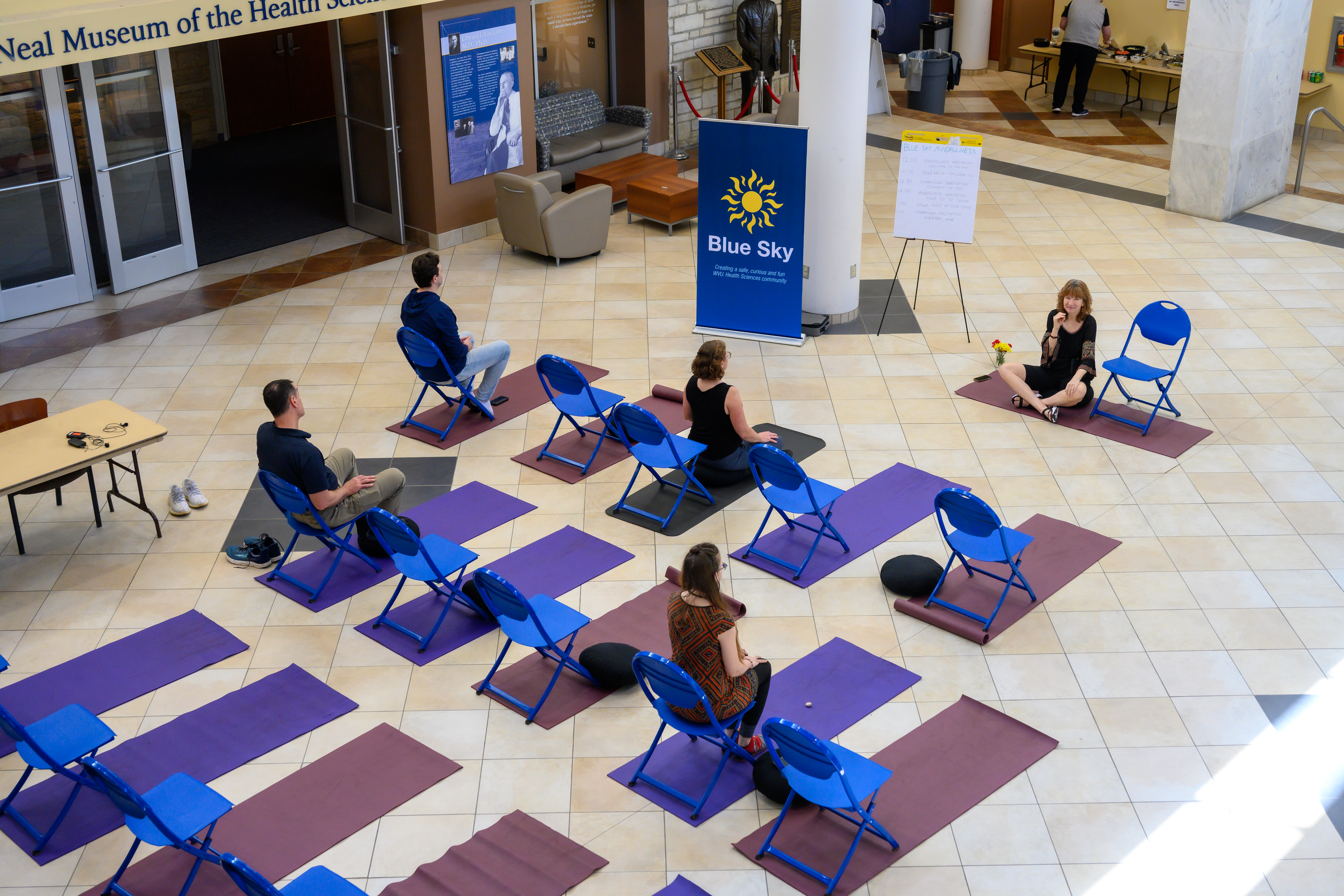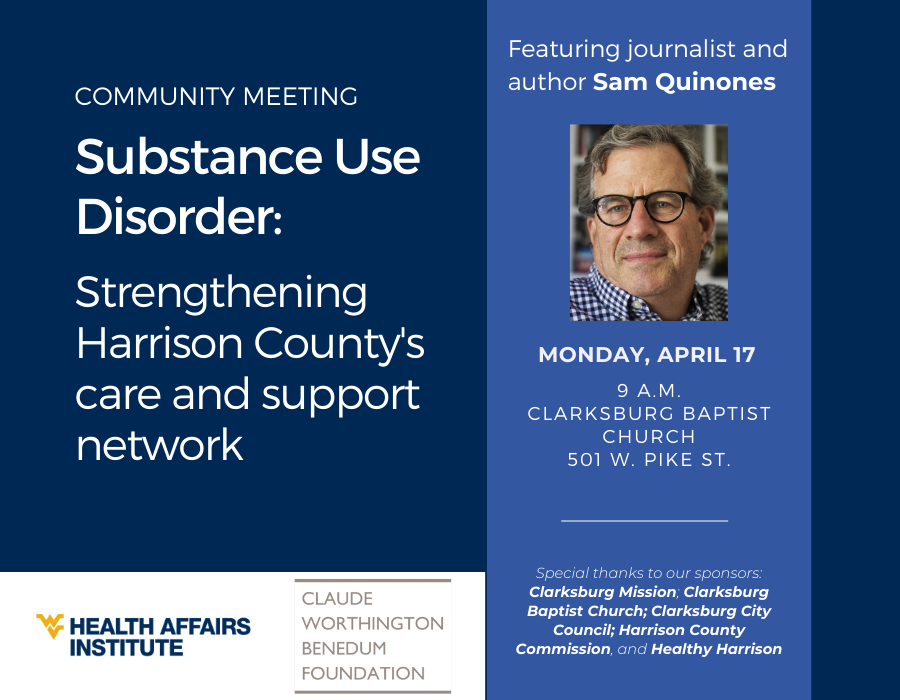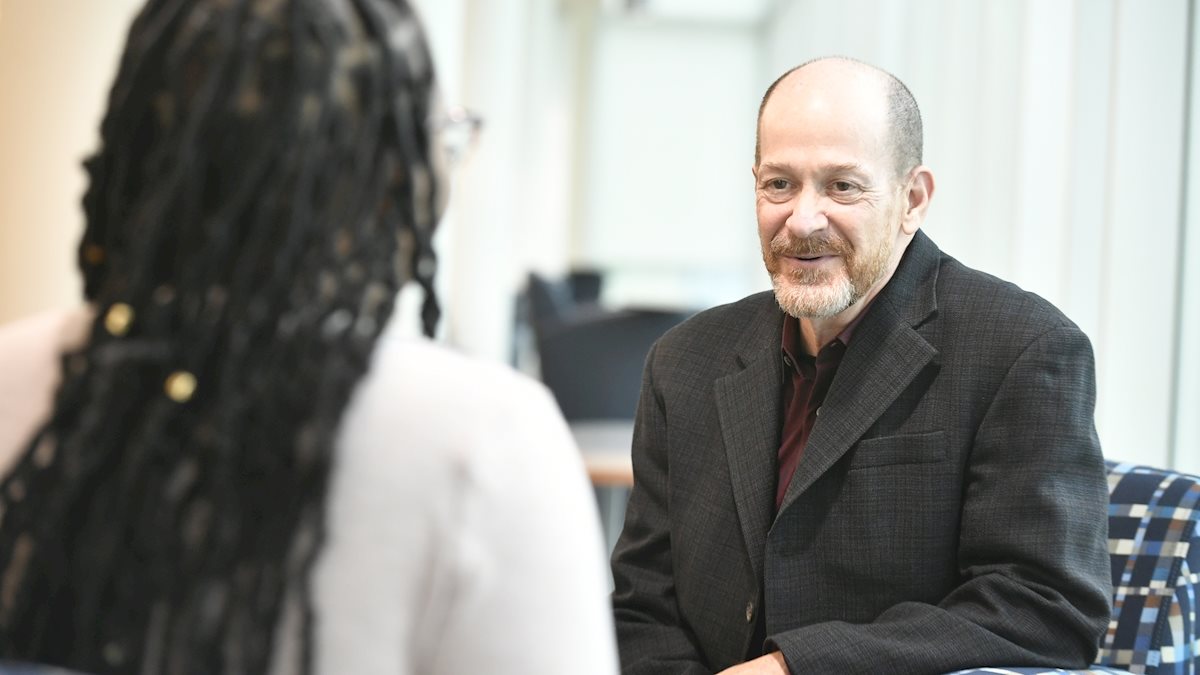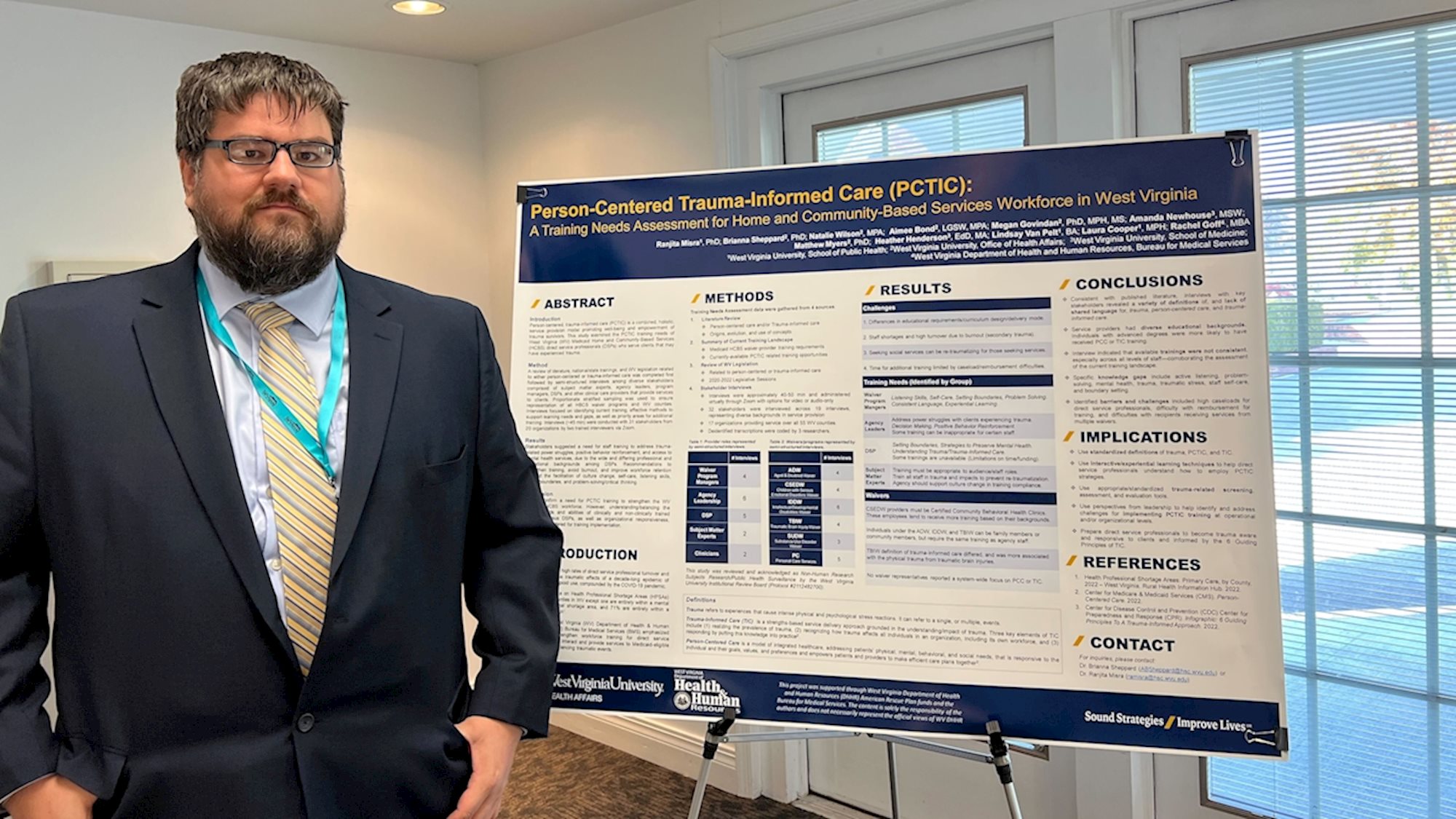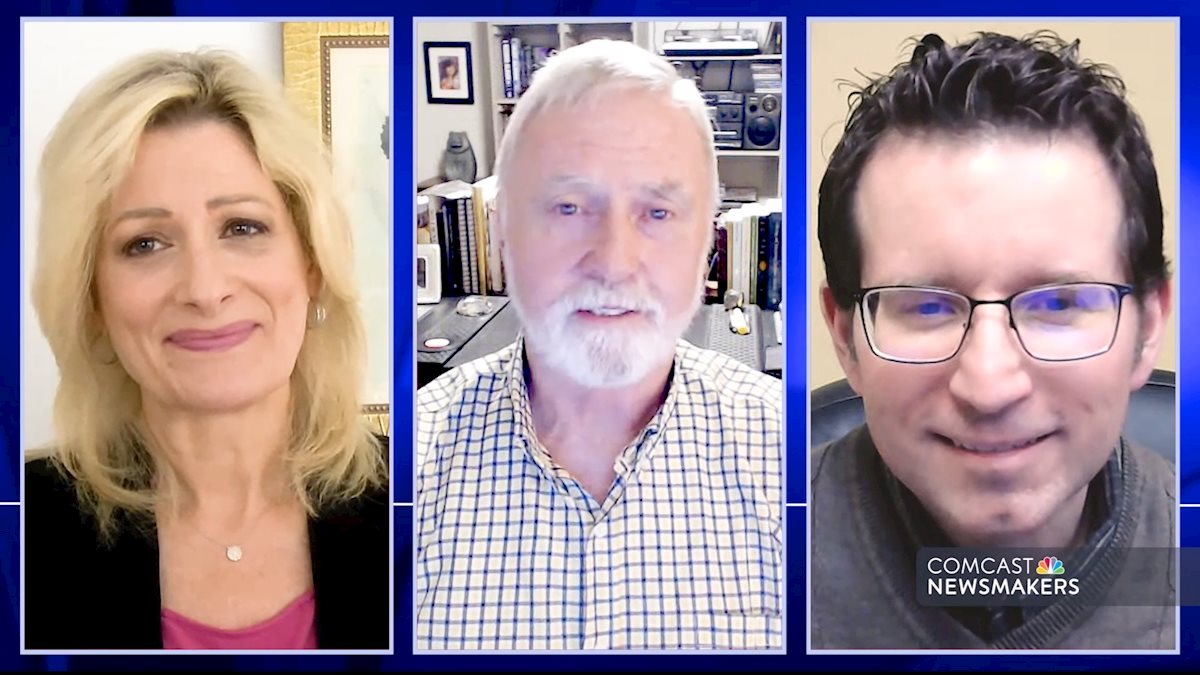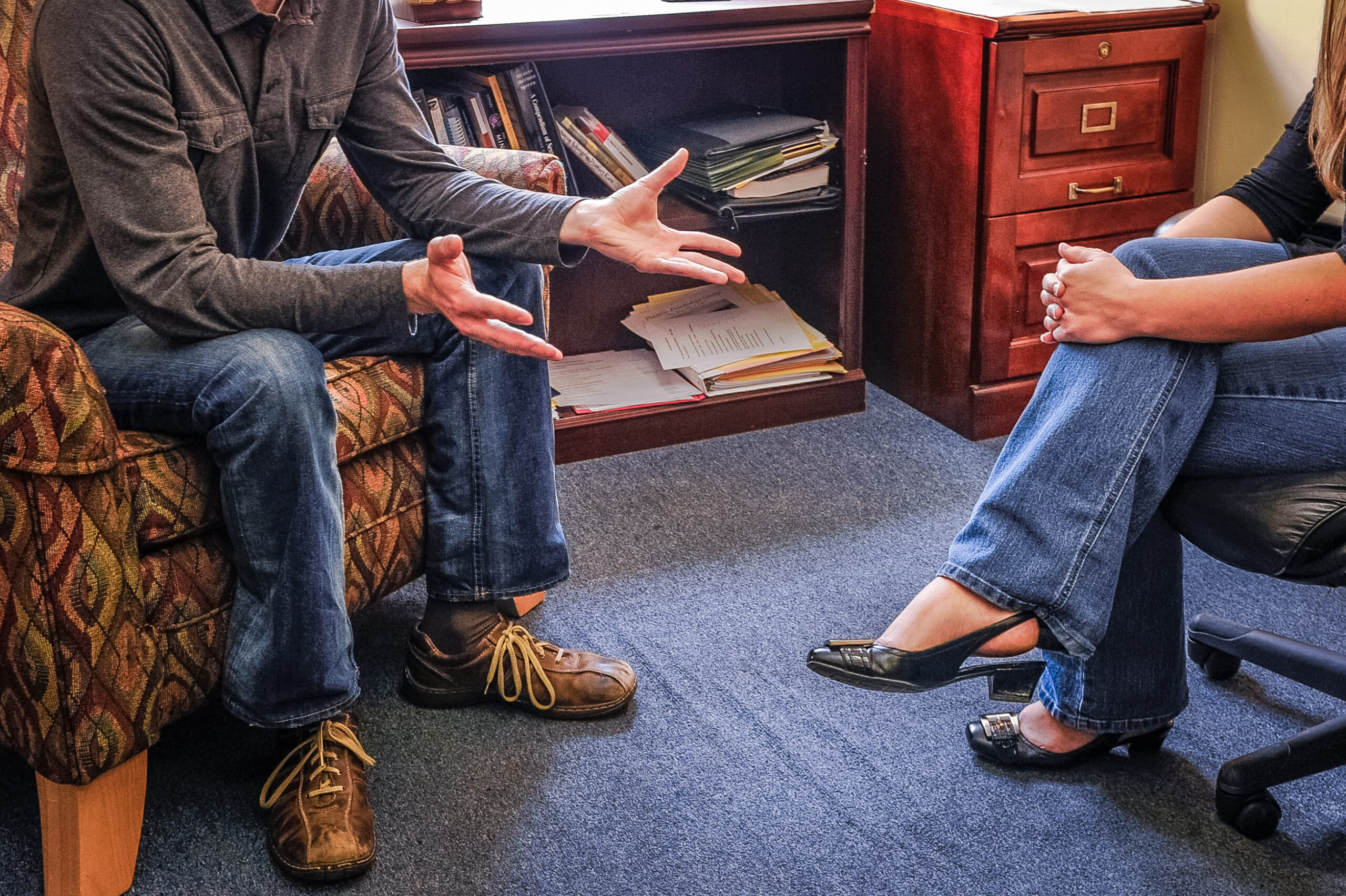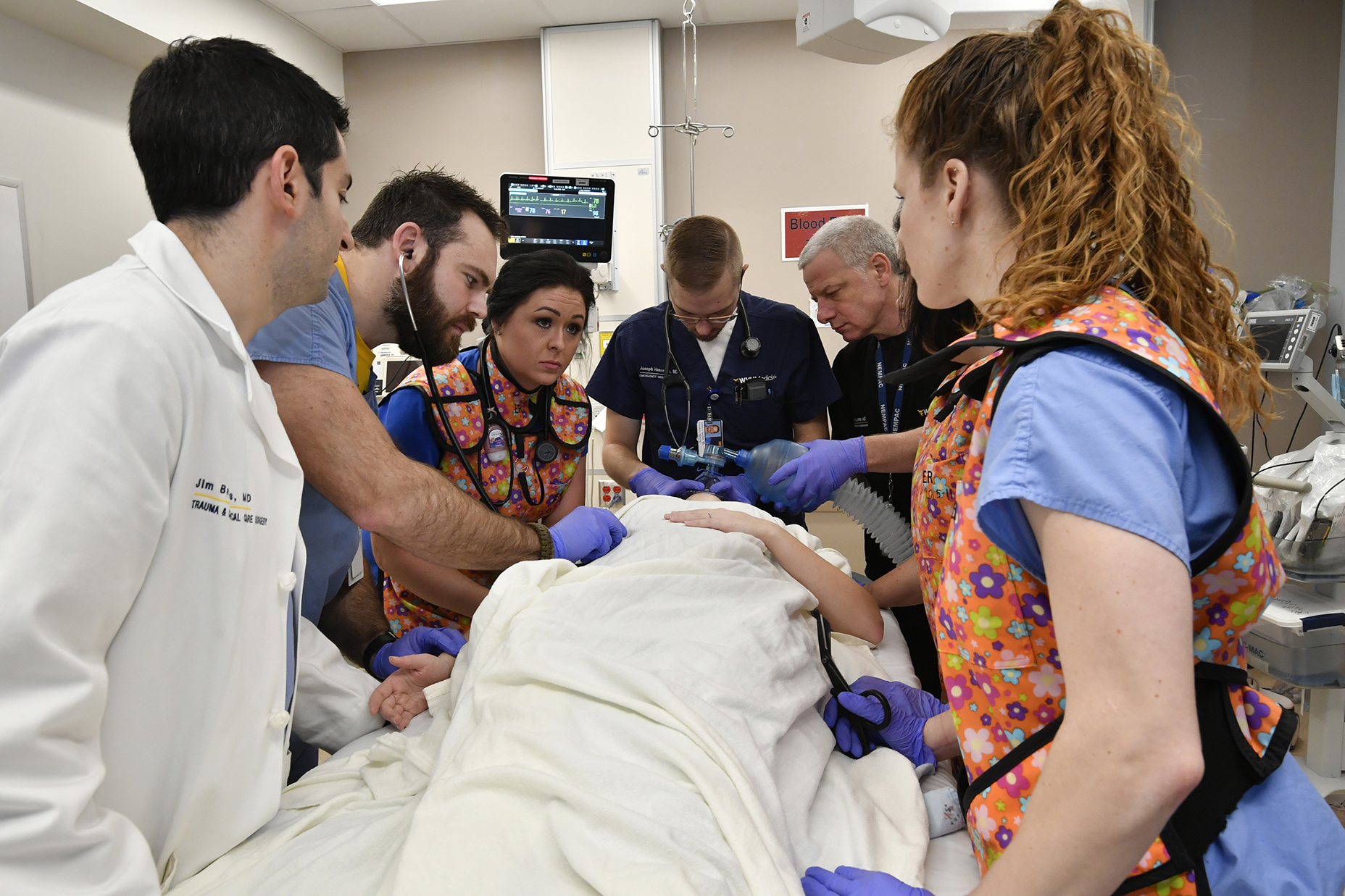Telehealth pilot program shows promise in helping former nursing home, long-term care facility residents remain safe and healthy in their homes

Transitioning home after a stay in a nursing home or long-term care facility can be a difficult experience, oftentimes leading to hospitalization or reinstitution.
But preliminary results from a new West Virginia University Health Affairs Institute pilot program shows that telehealth can help these individuals remain healthy and happy in their own communities.
“We’ve had some really amazing participant wins,” said Steve Davis, an associate professor with the School of Public Health and an adjunct professor with the School of Medicine, who is the principal investigator of the Home and Community-Based Services Telehealth Pilot. Other co-investigators include Jennifer Mallow, an associate professor with the School of Nursing; Ben Klos, an instructor with the School of Nursing; Dr. Laurie Theeke, a professor with the School of Nursing; and Dr. Maggie Jaynes, a professor with the School of Medicine.
The pilot, which launched in July 2018 and will close at the end of 2021, has enrolled 26 participants so far. During their six-month evaluation in the program, only one of the individuals had an extended, but voluntary, stay at a rehabilitation facility. The team hopes to enroll an additional four participants before the close of the program.
The Take Me Home Transition Program, part of the West Virginia Bureau for Medical Services, identifies qualifying residents of long-term care facilities who wish to return to their own homes and provides them with needed supports and services. To further support efforts to keep participants healthy at home, Marcus Canaday, the director of the Take Me Home Transition Program, proposed adding the telehealth into the mix.
After researching different populations, the team decided to test the pilot with individuals who are part of two existing Home and Community-Based Programs: the Aged and Disabled Waiver Program and the Traumatic Brain Injury Waiver Program.
“I’ve lived in West Virginia all my life. I know it’s a huge deal to be able to be at home with your family,” Davis said. “This pilot project wanted to see if when these participants go home, can telehealth help keep them there?”
Customized medical equipment is provided to participants through vendors established through the pilot program. Tablets are provided for participants who can connect to the internet, but the pilot is also available to participants who simply have a landline telephone — what Davis calls “the original telehealth.”
He cited one noteworthy success story in which a participant experienced hypertension after being discharged from a nursing home. Through the telehealth pilot, a nurse was able to coordinate the individual’s care by calling the primary care provider to get their blood pressure medication adjusted without the need for an emergency department visit or hospitalization.
“After the program was over, however, the participant was hospitalized,” Davis said. “It was a direct correlation. The remote patient monitoring and care coordination with the nurse prevented the hospitalization.”
The project was designed not only to improve the quality of life for the participants and their families, but also to be a cost-effective tool for the state. Re-institutionalization can be expensive, as these individuals often wind up in urgent care or the emergency department before going back to the nursing home.
At the end of the pilot program’s evaluation period, the researchers will look at claims data to determine cost effectiveness, as well as conduct surveys with participants to determine the quality of the program. In December, the team will submit its report to the state.
If telehealth proves beneficial for these populations, the team hopes the data will aid policy makers in supporting the continuation of these services. Further, Davis said the team would like to scale the program to include additional waiver groups and even other individuals who are at risk of becoming institutionalized.
“Ultimately, the hope is that participants can continue to thrive in their communities — to live at home with family and friends, and to be as independent as possible,” Davis said.




